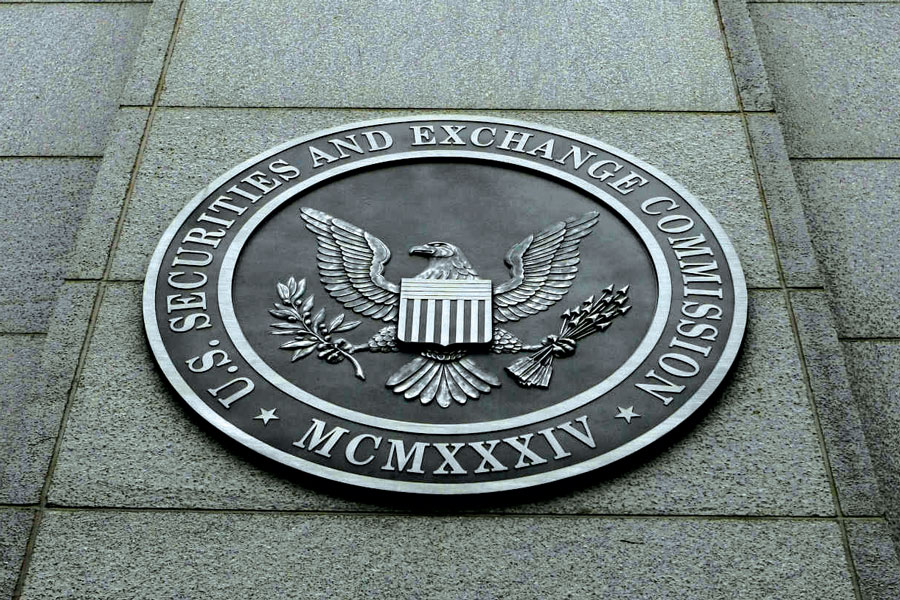The Securities and Exchange Commission's charges Monday that five unregistered salespeople in South Florida unlawfully sold securities in a massive $1.2 billion Ponzi scheme underscores a significant threat facing investors, particularly the elderly. Salespeople posing as financial advisers are pushing products that promise guaranteed or stable returns to clients.
In two complaints, the SEC alleged five salespeople reaped millions of dollars in commissions for their sales of Woodbridge Group of Companies securities, even though they were not registered as broker-dealers and were not permitted to sell securities. One person, Barry Kornfeld, also violated a prior SEC order that
barred him from acting as a broker.
A purported real estate company, Woodbridge collapsed into bankruptcy in December 2017. The SEC previously
charged the company, its owner and others with operating a $1.2 billion Ponzi scheme.
"I think these types of investments are a massive problem, and it's bigger than people give credence to," said Scott Silver, a plaintiff's attorney in South Florida with clients who bought the Woodbridge securities. "Look at the ads in the back of the newspaper, or go to retirement conferences in South Florida. Companies there are pitching investments untethered to the stock market that are not securities.
"We are finding these companies are telling unregistered people that they will pay them to bring in more clients as well as other salespeople," Mr. Silver said.
As
InvestmentNews
reported at the start of the year, a network of unlicensed securities salesman, some of whom had been brokers but had been barred or left the business, were instrumental in selling the Woodbridge real estate notes to investors.
The Florida-based defendants named in the SEC's complaints, Mr. Kornfeld; his wife, Ferne Kornfeld; Lynette M. Robbins; Andrew G. Costa; Albert D. Klager and their companies, were among Woodbridge's top revenue producers, selling more than $243 million of its unregistered securities to more than 1,600 retail investors, according to the SEC.
Mr. Klager declined to comment. The Kornfelds and Ms. Robbins did not return calls to comment, and Mr. Costa could not be reached to comment.
Mr. Silver pointed to the
recent collapse into bankruptcy of 1 Global Capital and 1 West Capital, two lenders to small businesses, as an indication of the scope of the problem.
"The theme of the two, Woodbridge and 1 Global Capital, is unregistered advisers looking for loopholes in the law to sell these things without calling them securities," Mr. Silver said, adding that he had spoken with clients of Mr. Kornfeld who were sold both investments.
"They span from real estate investments to financing-type companies to diamonds," Mr. Silver said. "There has also been an uptick in the sale of precious metals. The creativity of these con artists is constant."
The Kornfelds, Mr. Costa and Mr. Klager earned more than $5.8 million in sales commissions, according to the SEC, selling close to $100 million of the Woodbridge securities from April 2013 through December 2017. They routinely touted the Woodbridge securities as "safe and secure," according to the SEC.
Ms. Robbins and her company, Knowles Systems Inc., agreed to settle the SEC's charges without admitting or denying the allegations and return more than $1 million of allegedly ill-gotten gains plus interest. Ms. Robbins also agreed to pay a $100,000 civil penalty and agreed to an industry bar and penny-stock bar.
The 1 Global Capital loan business is a separate, unrelated company from 1st Global Capital Corp., an independent broker-dealer based in Dallas.







